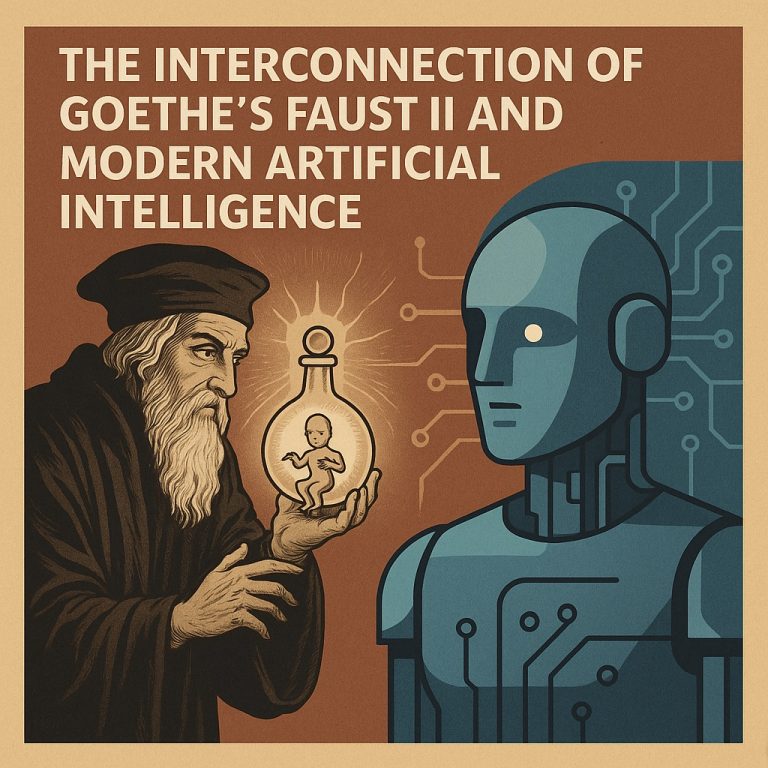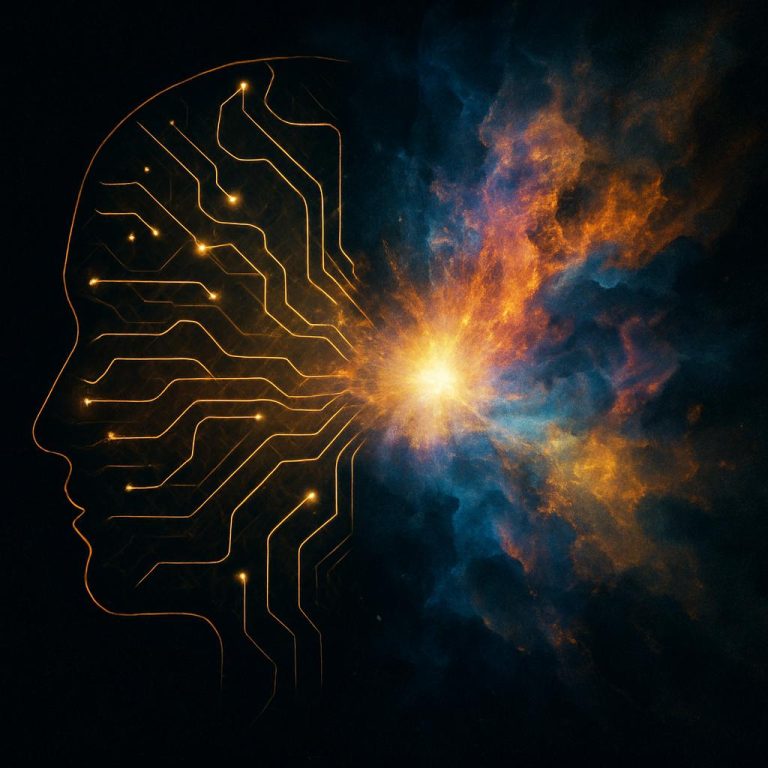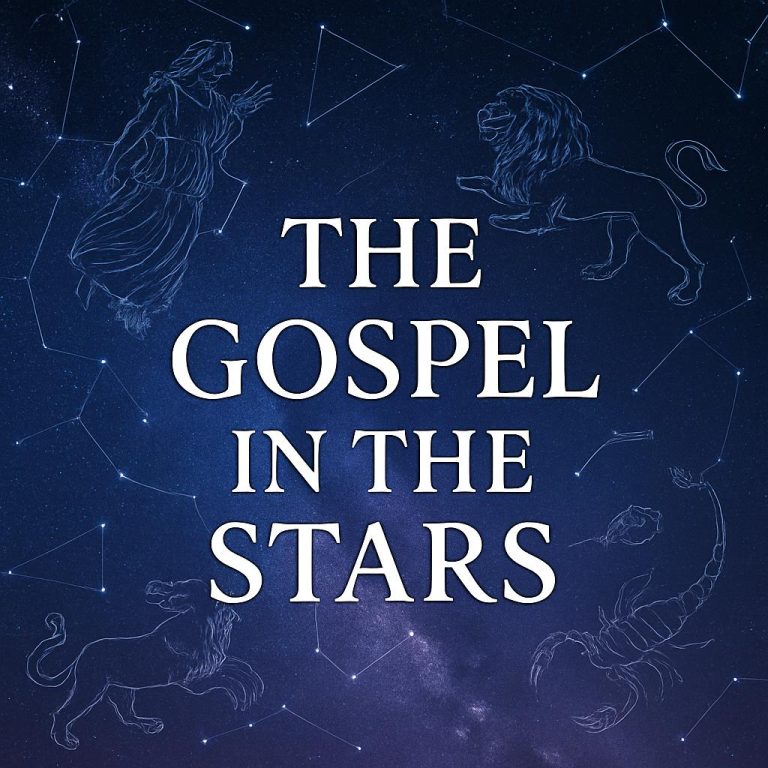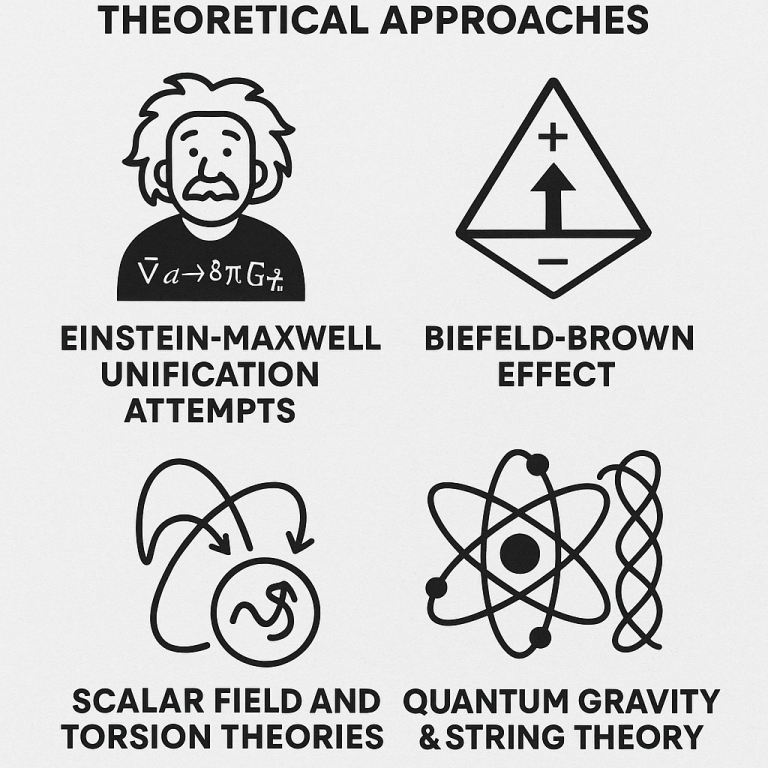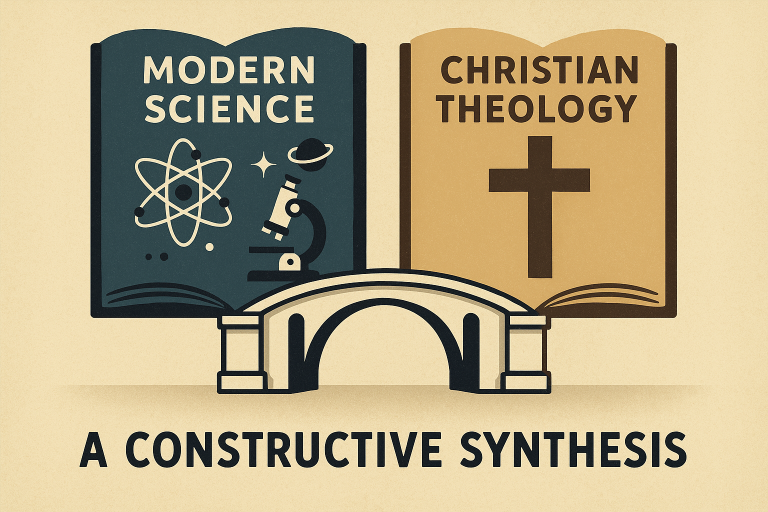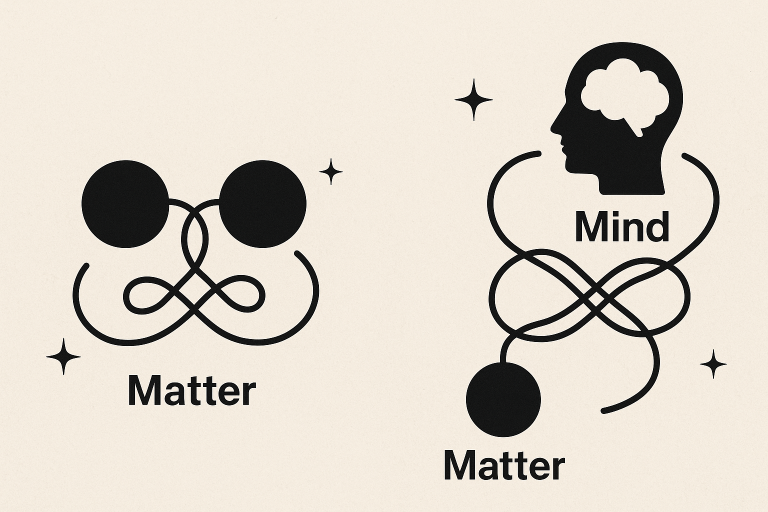The Timelessness of Jesus Christ
Jesus Christ stands as a figure both within and beyond time. Though He appeared in human history—born in Bethlehem, walking the dusty roads of Galilee, and crucified under Pontius Pilate—His nature is not limited to temporal existence. He is eternal. In John 8:58, Jesus declares, “Before Abraham was, I am.” With this profound statement, He…


